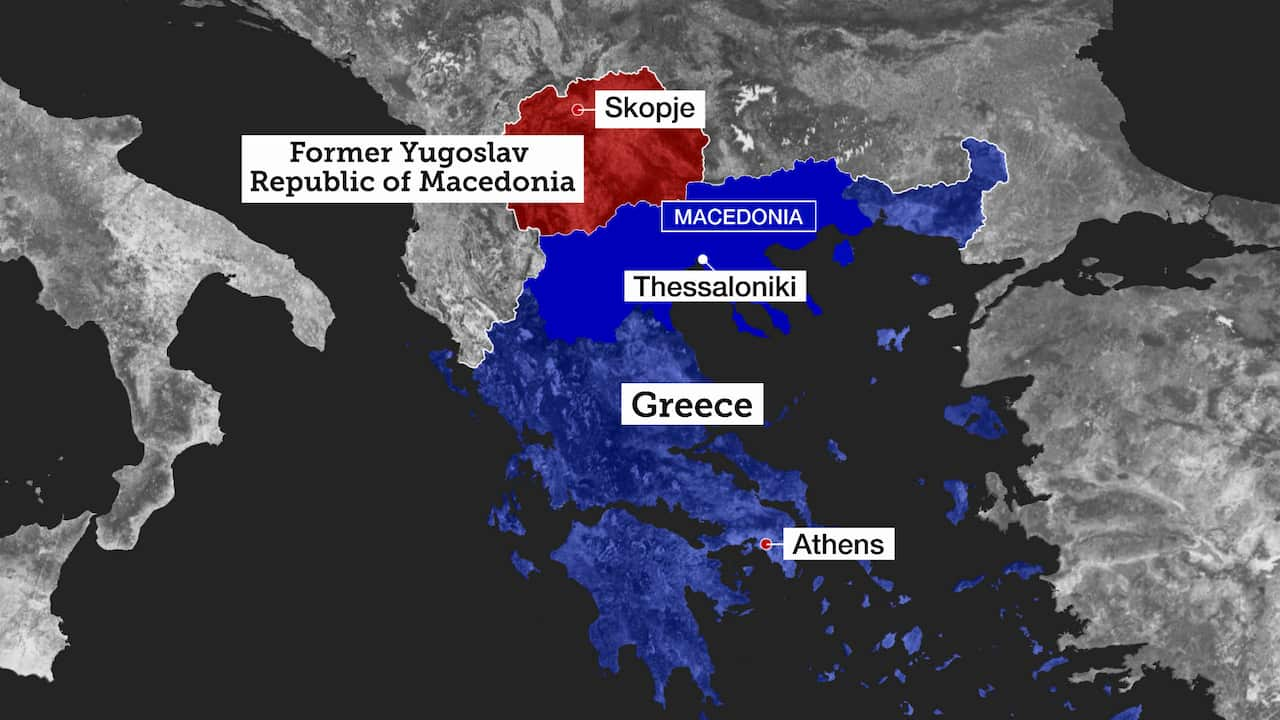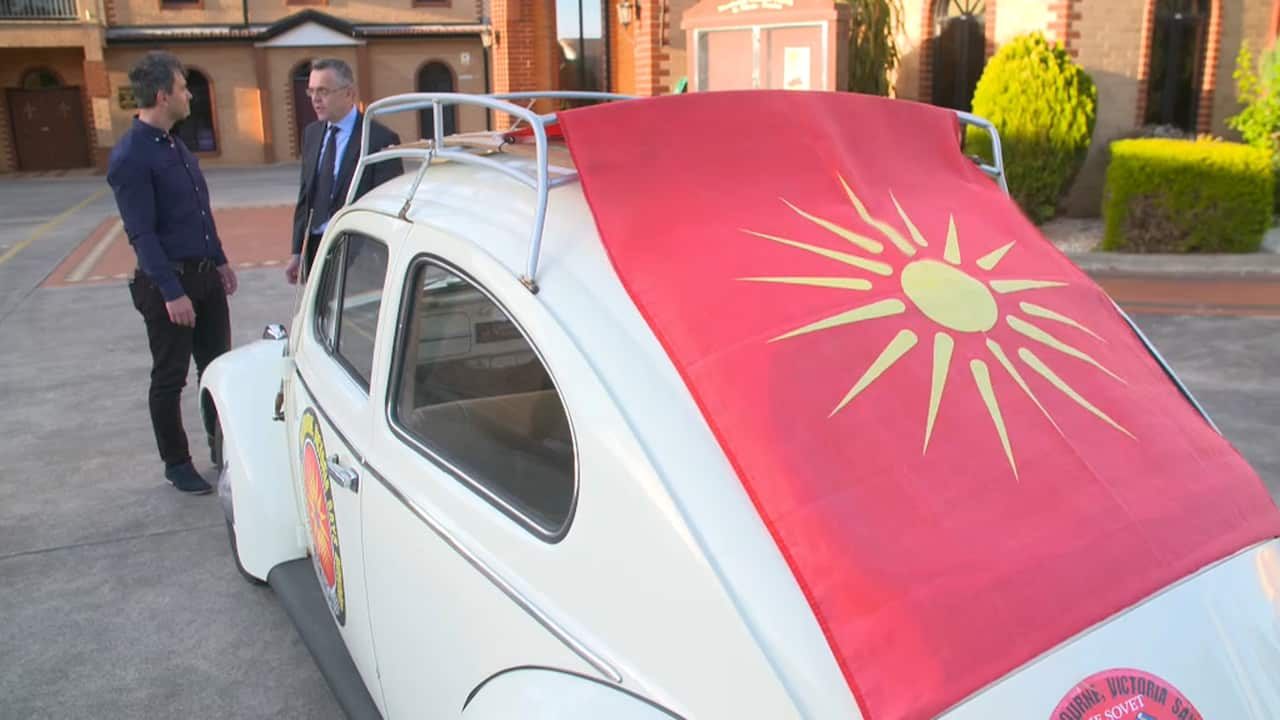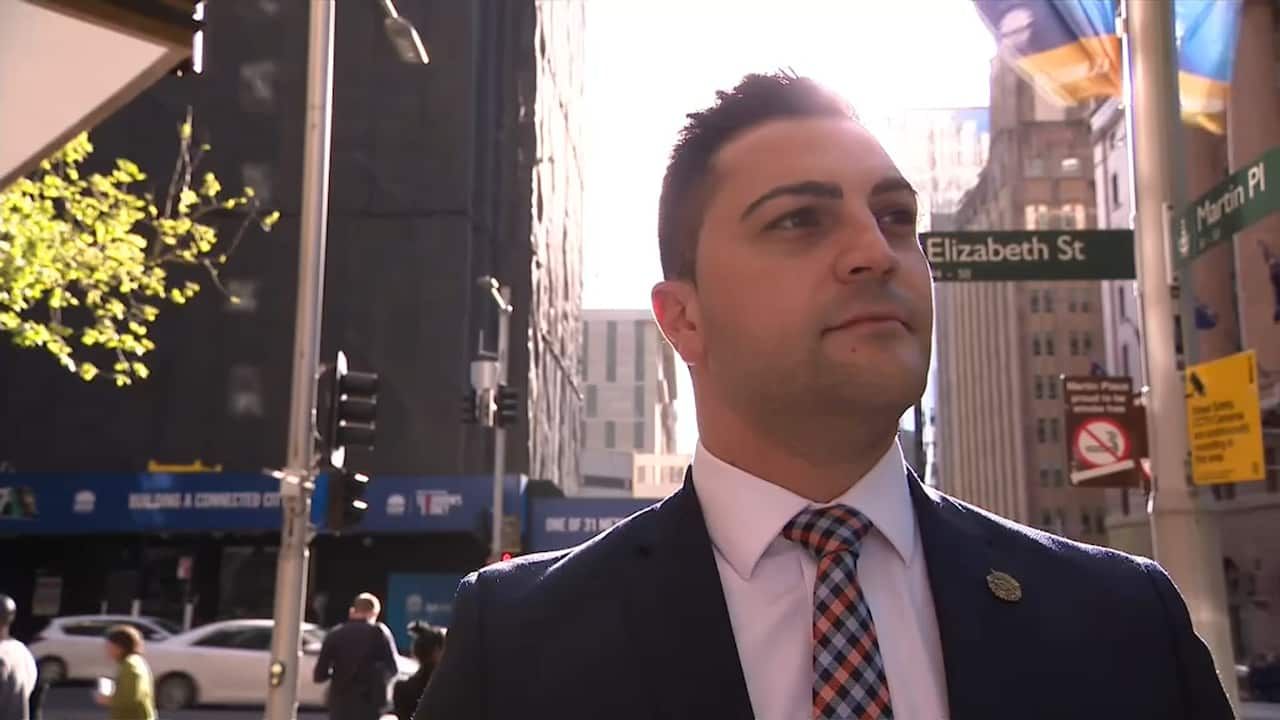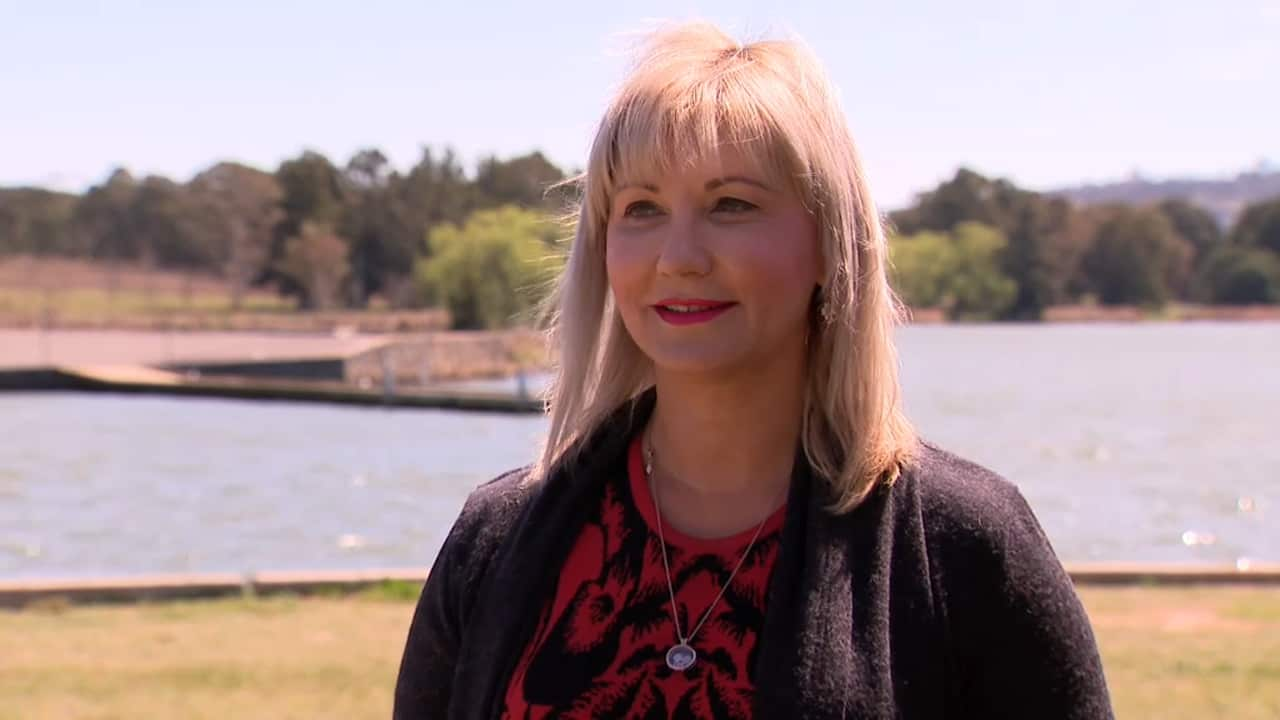It is a vote that has exposed deep divisions between two neighbouring countries and their communities.
And, regardless of the result of Sunday’s looming vote in the Former Yugoslav Republic of Macedonia, an angry backlash is expected.
The referendum offers Macedonia membership to both the European Union and NATO, if the country changes its name to the 'The Republic of North Macedonia'.
It came after a controversial deal with Greece, which claims the name ‘Macedonia’ belongs to a region in its country. But the result will only be valid if voter turnout exceeds 50 per cent.

Australian reactions
That has sparked a boycott which has stretched all the way to Australia.
"The question being put is very manipulative, it's anti-Macedonian, it's anti-constitutional,” Dr Chris Popov, a Melbourne-based Macedonian activist, said.
"We become subject to even further pressure to deny our identity and to dance to the Greek tune."
Vice-President of Western Australia’s Macedonian Community Chris Angelkov has dubbed the process "an illegal vote".
"There's not a lot we can do, but we would be totally disgusted and revolted if this referendum were to succeed."
Of the 100,000 Australians who identify as Macedonian, only a small portion is eligible to vote. Of those who are eligible, only 200 have registered to do so.

Chairman of the NSW Australian Macedonian Council Joshua Sherman believes it's because most Australian Macedonians are behind the boycott - which would deem the referendum result invalid.
“The referendum denigrates the Macedonian-ethnic identity and language, culture, and tradition, from antiquity to the present,” Mr Sherman told SBS News.
“We're not supportive of anyone to take that away from us. That would amount to 'ethnocide' and genocide, and that's why we are advocating from the position of a boycott. We believe the boycott is the best outcome.”
In March, tens of thousands of Macedonian Australians marched on the streets of Sydney and Melbourne to protest against the name change.
Joshua Sherman helped organise the Sydney rally, and said he is ready to march again, should the referendum achieve his undesired result.
“The name is the identity, and the identity is the name,” Mr Sherman said.
“We are, as ethnic Macedonians, intrinsically linked and tied to that name, and for us to give that up for EU and NATO doesn't make any sense at all.”

Those voting 'yes'
Canberra mother-of-two Biljana Petrova is voting in favour of the name change, and is one of the few willing to talk about it publicly.
She told SBS News the vote offers Macedonians a once-in-a-lifetime opportunity, and described claims people would lose their identity as “empty rhetoric”.
"I do believe it will resolve the tensions, and by resolving those tensions it will allow Macedonia to become a part of the European community,” Ms Petrova said.
"I also believe that our cultural identity cannot be lost. It's for us to keep and preserve for generations to come."
Ordan Andreevski, president of the United Macedonian Diaspora for Australia, believes the referendum question is posed in a deceptive manner that offers Macedonians entry to the EU and NATO without mentioning the name-change.
“Because of the way it's structured it doesn't allow the community or the citizens to basically reject the agreement but still accept NATO and the European Union if that's what they want to do,” Mr Andreevski said.
Mr Angelkov agrees.

"The referendum is couched in such manipulative terms that perhaps some people might be coached into voting yes for the wrong reasons,” he said.
"We don’t want to be some kind of second class citizens that's forced to take on a name we don't respect and which basically degrades us."
But while Ms Petrova admits the name-change process has been a “difficult pill to swallow”, she believes people opposed to it will eventually “come around".
"A compromise is something we can live with it,” She said.
“There is no alternative on offer, so this is the best way forward for Macedonia.”

